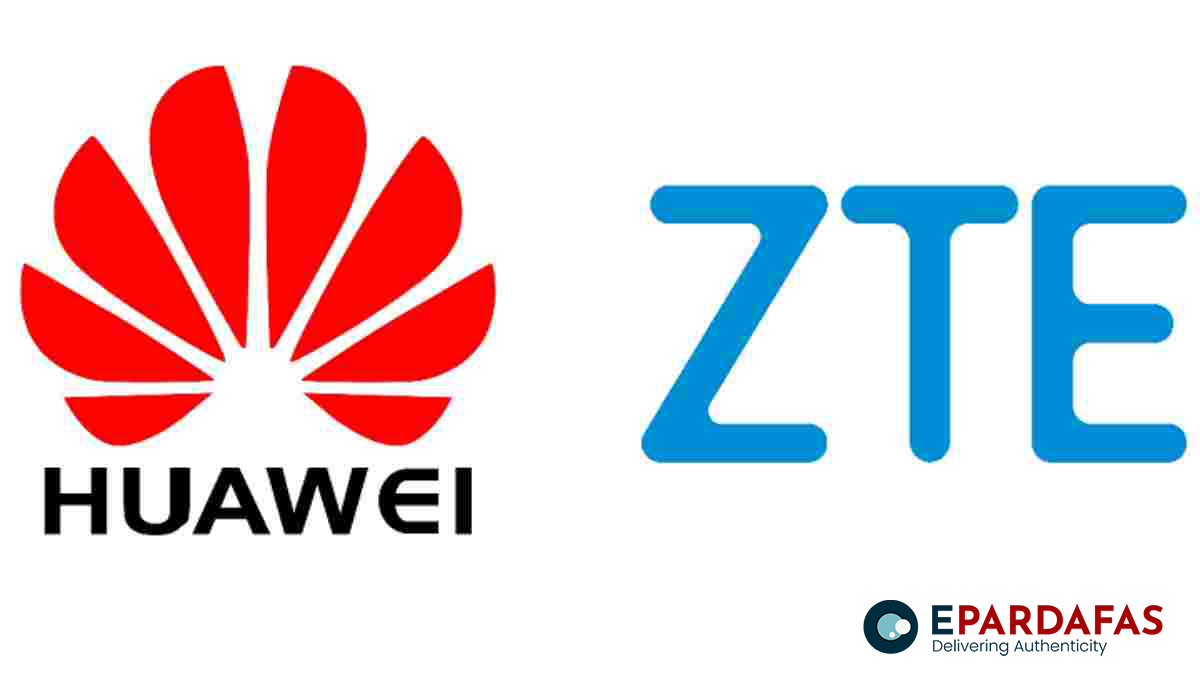
U.S. House to Vote on Defense Bill Including $3 Billion to Remove Huawei and ZTE Equipment

The U.S. House of Representatives is preparing to vote next week on an annual defense bill that allocates over $3 billion to U.S. telecom companies for replacing equipment from Chinese manufacturers Huawei and ZTE. The measure aims to mitigate national security risks posed by Chinese telecoms in American wireless networks.
The funding is part of the 1,800-page National Defense Authorization Act (NDAA), which also includes provisions targeting China’s influence, such as requiring reports on Beijing’s efforts to evade U.S. security regulations and an intelligence assessment of China’s biotechnology capabilities.
The Federal Communications Commission (FCC) has estimated that fully removing Huawei and ZTE equipment from U.S. networks under its “rip and replace” program will cost $4.98 billion, leaving a $3.08 billion funding shortfall. Congress had previously approved only $1.9 billion for the initiative, leading to urgent calls for additional resources.
FCC Chair Jessica Rosenworcel recently warned that without adequate funding, rural networks reliant on federal subsidies could face severe disruptions, potentially eliminating the sole providers in some regions and jeopardizing critical 911 emergency services.
“The shortfall is putting both our national security and rural connectivity at risk,” Rosenworcel said.
The new funding package also includes up to $500 million for regional tech hubs, with the cost expected to be offset by revenue from a one-time spectrum auction by the FCC. The auction, targeting advanced wireless spectrum in the AWS-3 band, is designed to meet rising demands for wireless connectivity.
Competitive Carriers Association CEO Tim Donovan praised the funding announcement, highlighting its importance for maintaining rural connectivity while fulfilling national security mandates.
Since 2019, Congress has mandated that federally subsidized telecom carriers remove Chinese equipment from their networks, with growing bipartisan support for aggressive measures against potential security threats from Beijing.
The inclusion of the funding in the NDAA reflects continued U.S. efforts to safeguard its communications infrastructure and reduce dependency on Chinese technologies amid rising geopolitical tensions.












Comments